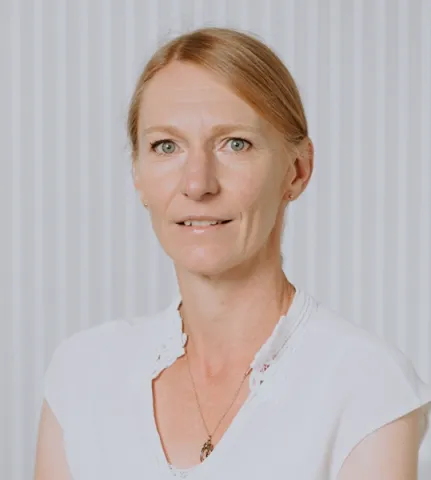About the project
Two dimensional (2D)-materials are currently at the forefront of an exciting wave of scientific research. Compared to bulk materials, the high confinement in the 2D plane gives rise to unique optical and electronic properties that are advantageous for wide-ranging applications. However, from a photonics perspective, interacting with very thin layers can be inefficient, so that clever techniques must be applied to enhance the light-matter interaction and achieve high quality devices.
The Optoelectronics Research Centre (ORC) group has recently developed a novel method for producing ultra-low loss side-polished fibres that make for an excellent platform on which to exploit the rich optical functionality of these materials over extended interaction lengths.
This project will focus on optimizing the fibre platform for the development of photonic devices that incorporate some of the most popular 2D materials, including graphene, black phosphorous and various semiconductors from the transition metal dichalcogenide family (MoS2 and WSe2 etc.). By exploiting the different material properties on offer, several robust and compact all-fibre integrated devices will be explored including high-speed modulators, wavelength convertors, lasers and detectors.
The structured first year involves attending our training programme running in parallel with carrying out your research project. This provides a smooth transition from your degree course towards the more open-ended research that takes place in the following years under the guidance of your project supervisors. There will be opportunities to interact with our partners at the universities of Cambridge and Newcastle and to present your work at international conferences as well as writing papers in leading academic journals. Students will emerge from the PhD with skills at the forefront of future photonics research and will benefit from the many opportunities to interact with the wider community of PhD students across the Southampton Campus.
The ORC is the leading photonics research institute in the UK. It comprises state-of-the-art cleanrooms for optical fibre, planar photonics, silicon and bio-photonics fabrication and over 80 laboratories. Computer simulations will benefit from Southampton’s high performance computing cluster Iridis, one of the largest supercomputers in the UK. A PhD at the ORC has enabled our past graduates to make successful careers in academia, in national scientific laboratories, and as scientists or business leaders in industry.
